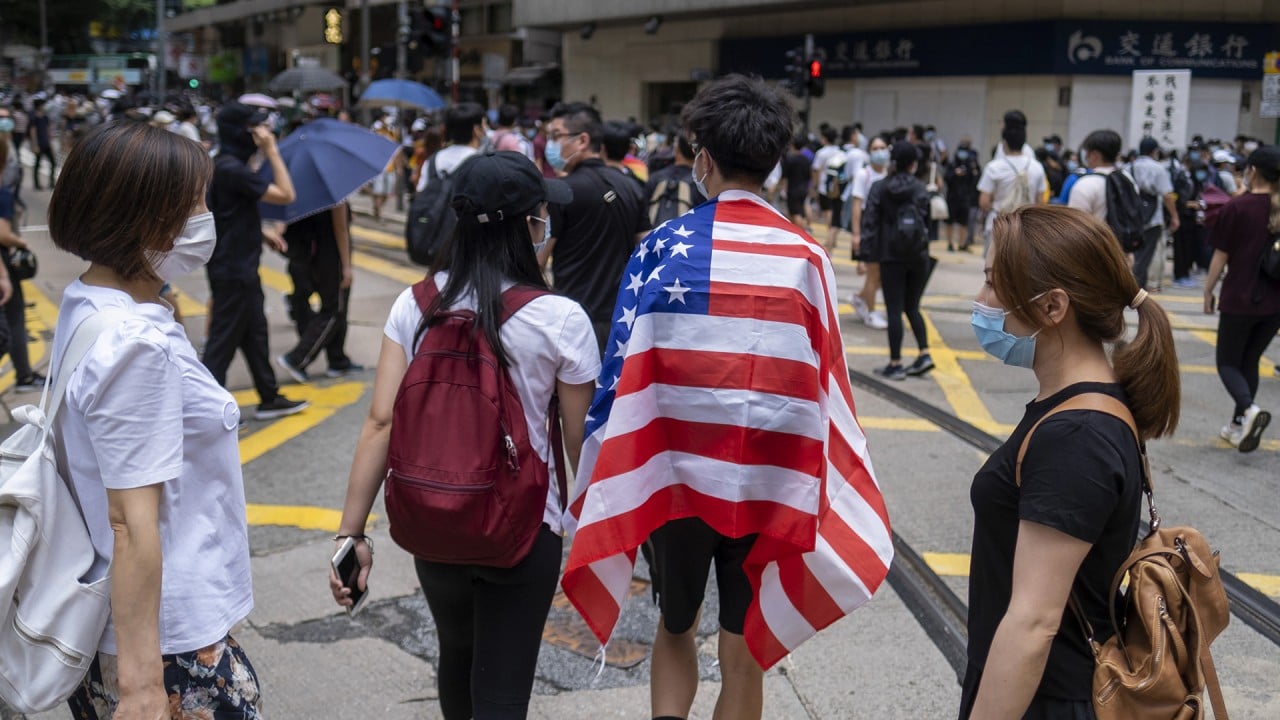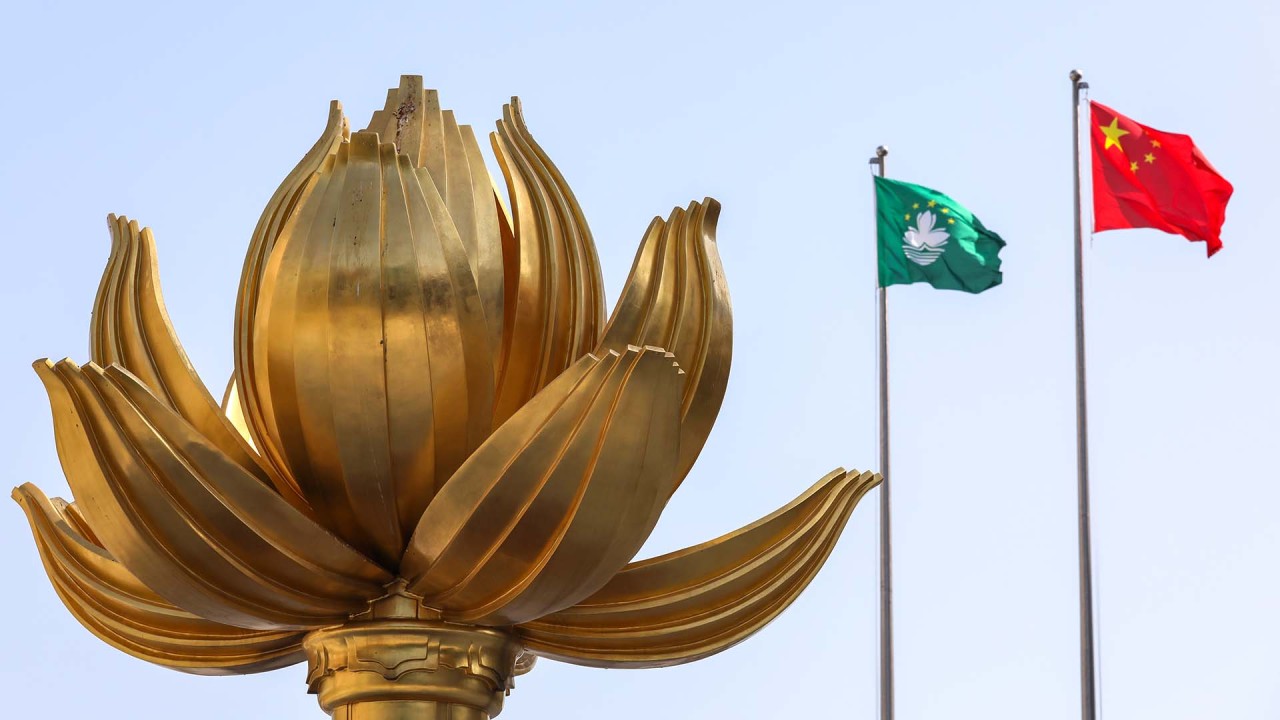
Death of Hong Kong? Asia’s top financial hub can’t be ‘killed off’ by Macau, Hainan or even Shanghai
- Whatever the international angst over the new security law, Beijing will not let anyone hinder Hong Kong’s growth, or dilute its contribution to China’s re-engagement with the global economy
Surrounded as we are by the grimmest array of global challenges assembled in our lifetimes – note the Organisation for Economic Cooperation and Development this week reported that we are facing the most severe economic recession in nearly a century with enormous damage expected to health, jobs and well-being – there is surely a case for an occasional escape into a little levity.
I know there are any number of such crackpot ideas that have been globally ventilated over the past 25 years, when Fortune magazine’s Louis Kraar first predicted the “Death of Hong Kong”: “the naked truth about Hong Kong’s future can be summed up in two words: it’s over,” he wrote almost 25 years ago to the day.
Kraar continued – just as eloquent as he was mistaken: “As Hong Kong becomes a captive colony of Beijing and increasingly begins to resemble just another mainland city, governed by corruption and political connections rather than the even-handed rule of law, it seems destined to become a global backwater.”

02:18
White House says Beijing’s proposed national security law for Hong Kong could lead to US sanctions
By comparison, out of Hong Kong’s 3.9 million workforce, around 850,000 are employed in finance, insurance and professional services – yes, more than twice Macau’s total workforce.

03:24
Macau marks 20 years since former the Portuguese colony’s return to China
Quite where or how Macau might be able to assemble the critical expertise to seed a credible financial services sector defies comprehension.
Yes, its links with the Portuguese-speaking world are distinctive, but can anyone tell me with a straight face that financial services built on Portugal, Brazil, Angola, Mozambique, Guinea Bissau and Cabo Verde (formerly Cape Verde) are going to set the Macau economy alight, and on a new course away from gambling?

02:16
Why other Chinese cities are not yet ready to ‘surpass’ Hong Kong
An economy of China’s size and importance undoubtedly needs a number of large and dynamic financial hubs, but it is improbable that these will ever grow at Hong Kong’s expense.

Even after 25 years of intensive investment, he notes, “Shanghai is at best a regional financial centre with some international influence” that still lags behind Hong Kong, Singapore and Tokyo.
“Hainan […] will be a better choice for foreign investors who intend to further expand in the Chinese mainland market in the long run [with investors] buying fixed income products in Hong Kong and launching hi-tech venture investments in Hainan,” it said.
“It’s expected that in the future, the ships and airplanes that leave Hainan will not only be loaded with cargo, but will also be full of ideas and wisdom, and more importantly, full of Hainan experience and characteristics.”
Apart from quietly wondering what weed the author was smoking, he clearly had no inkling of real-world business. And this remains one of the reasons Hong Kong even today continues to defy Fortune magazine and the world’s numerous other naysayers.
David Dodwell researches and writes about global, regional and Hong Kong challenges from a Hong Kong point of view

